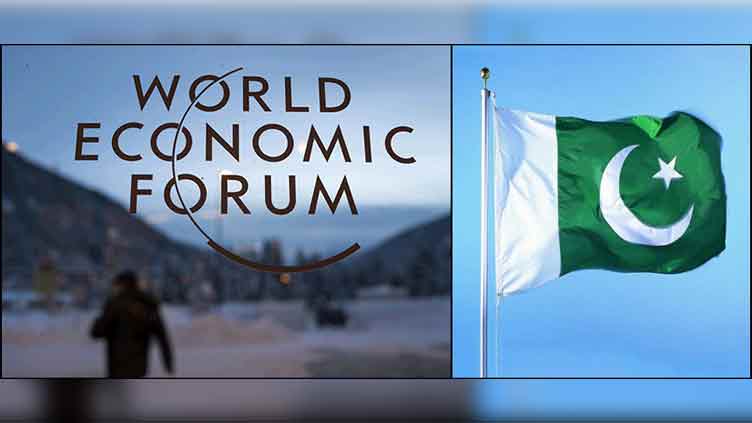Rapid inflation and debt crisis 'haunt' Pakistan, warns WEF

Business
The World Economic Forum releases its ‘Global Risks 2023’ report
ISLAMABAD (Web Desk) - Pakistan is currently facing top five risks of debt crisis, sustained and/or rapid inflation, state collapse, failure of cyber security measures, and concentration of digital power, the World Economic Forum says in its global crisis risk report.
The global forum, in its ‘Global Risks 2023’ report, said that Pakistan was also among larger emerging markets exhibiting a heightened risk of default. Other countries include Argentina, Egypt, Ghana, Kenya, Tunisia, and Türkiye.
According to the report, “[A]ffordability and availability of basic necessities can stoke social and political instability … may also exacerbate instability in countries facing simultaneous food and debt crises, such as Tunisia, Ghana, Pakistan, Egypt and Lebanon.”
The report further said water stress was widespread and its scarcity, combined with paralysis of international cooperation mechanisms, has necessitated a degree of water nationalism, resulting in prolonged disputes.
“In the face of spreading humanitarian crises and state instability, water infrastructure continues to be used both as a weapon and target, mirroring past water conflicts and terrorism in India, Pakistan and Afghanistan.”
The report also referred to the super floods in Pakistan which destroyed swathes of agricultural land, increasing commodity prices significantly in a country already grappling with record 27% inflation.
It further warned that conflict and geo-economic tensions had triggered a series of deeply inter-connected global risks, adding that cost of living was the biggest short-term risk while a slow climate adaptation process were long-term concerns. These include energy and food supply crunches, which are likely to persist for the next two years, and strong increases in cost of living and debt servicing.
The WEF report further says, the governments will continue to face a dangerous balancing act between protecting a broad swath of their citizens from a prolonged cost-of-living crisis without embedding inflation — and meeting debt servicing costs as revenues come under pressure from an economic downturn, an increasingly urgent transition to new energy systems, and a less stable geopolitical environment.

